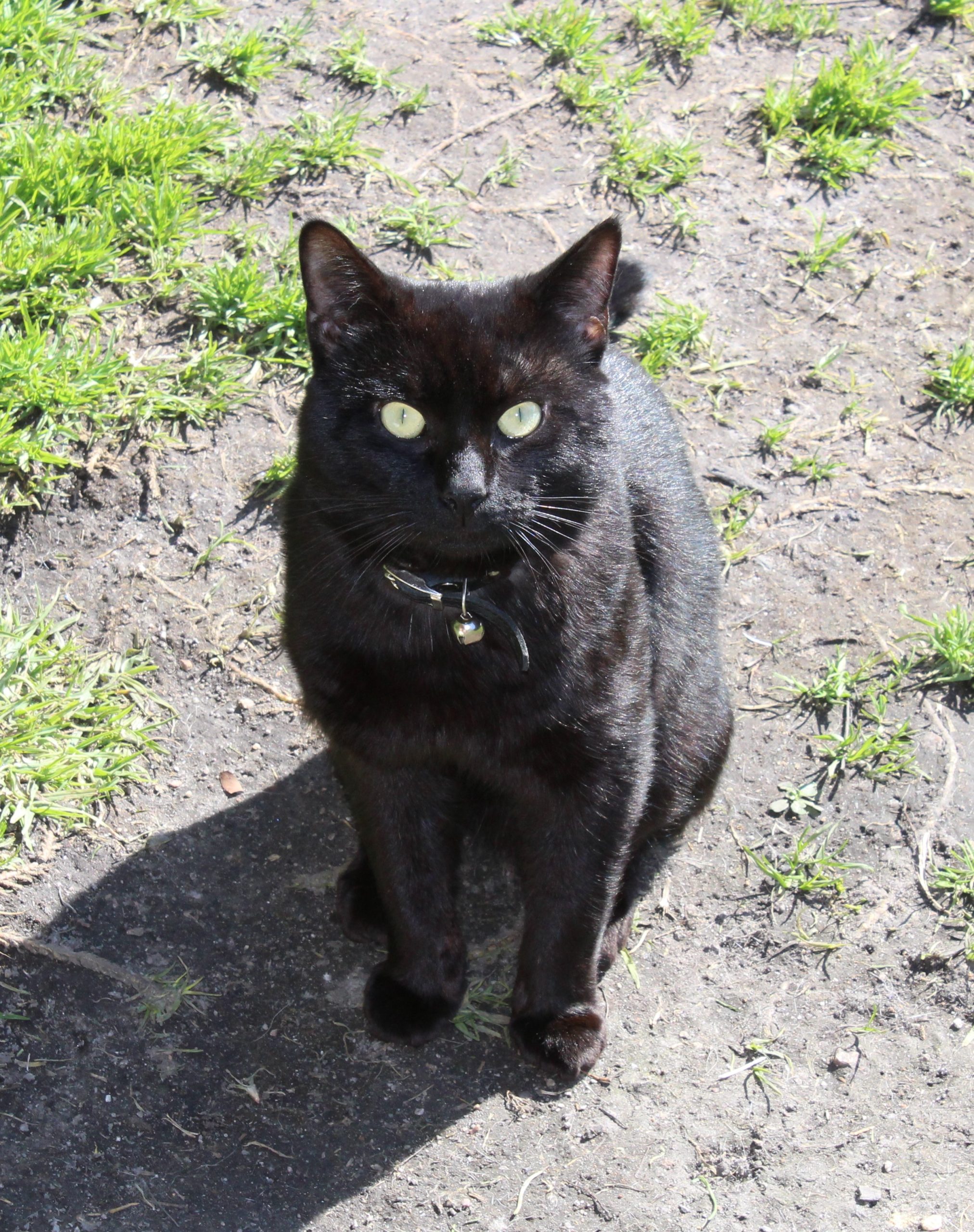Blog
Do you have what it takes to be a good proofreader?

To proofread at the high level needed for publications, a proofreader must have:
- a keen eye for detail and the ability to notice tiny errors
- training as an editor or proofreader; i.e. excellent knowledge of syntax, spelling, punctuation and grammar, and how to do a final proofread, and
- at least a few years’ experience in professional proofreading; that is, experience in proofreading other people’s reports or publications.
Note: ‘proofreading’ is not editing. For more information see the links at the end of this article.
Regardless of skills and experience, you need to be a word lover
The key to potentially becoming a good proofreader is a love of words.
Regardless of learned skills or experience in proofreading, you’ve got to love looking at words and thinking about sentences and spelling and punctuation, the look of the text on a page, and how to perfect words (and, by extension, books).
If you are a word-lover you are probably an avid reader and widely read, which means your vocabulary will be broader than the average person. And having a good vocabulary is essential to being a good proofreader.
Editors and proofreaders are usually drawn to the editing profession by the fact that they love words, enjoy correcting others’ text, and/or have a natural talent for noticing small errors in their own, or others’ work. With the right training and experience, anyone who is passionate about these things can become an excellent proofreader.
Experience in professional proofreading
As well as training in editing and proofreading, you need a fair amount of experience in proofreading per se to become a good proofreader.
Experience as a professional proofreader gives you:
- knowledge about the different proofreading style manual and other requirements of different types of texts (e.g. non-fiction – academic, reports, histories, memoirs; fiction – novels, anthologies; poetry)
- the ability to proofread a publication or a suite of publications, ensuring consistency across publications (e.g. policies, reports, a series of books)
- efficiency when proofreading; i.e. the ability to quickly make all the corrections needed to ensure the text is correct. If you are a reasonably fast proofreader this means your boss, or your client, will be getting good value for money
- the knowledge about the rules of punctuation, grammar and other items, and about different style manuals, that you can only gain by experience; you cannot know what you don’t know until you discover that you don’t know it.
Note: some (but not all) editing courses offer on-the-job training as part of the course, enabling you to get first-hand experience in editing and proofreading publications by the time you graduate. For editing courses go to: On site editing courses in Australia.
More information about proofreading and editing
Proofreading is one thing. Editing is another.
For more information on either or both, go to:
- ‘Proofreading’ resumes and reports
- Proofreading hardcopy publications
- Proofreading the ‘final proof’ (of a publication)
- Getting started on your editing career
- Recommended online editing courses
Image: Coal (cat) (C) D. Kane
Back To Blog

